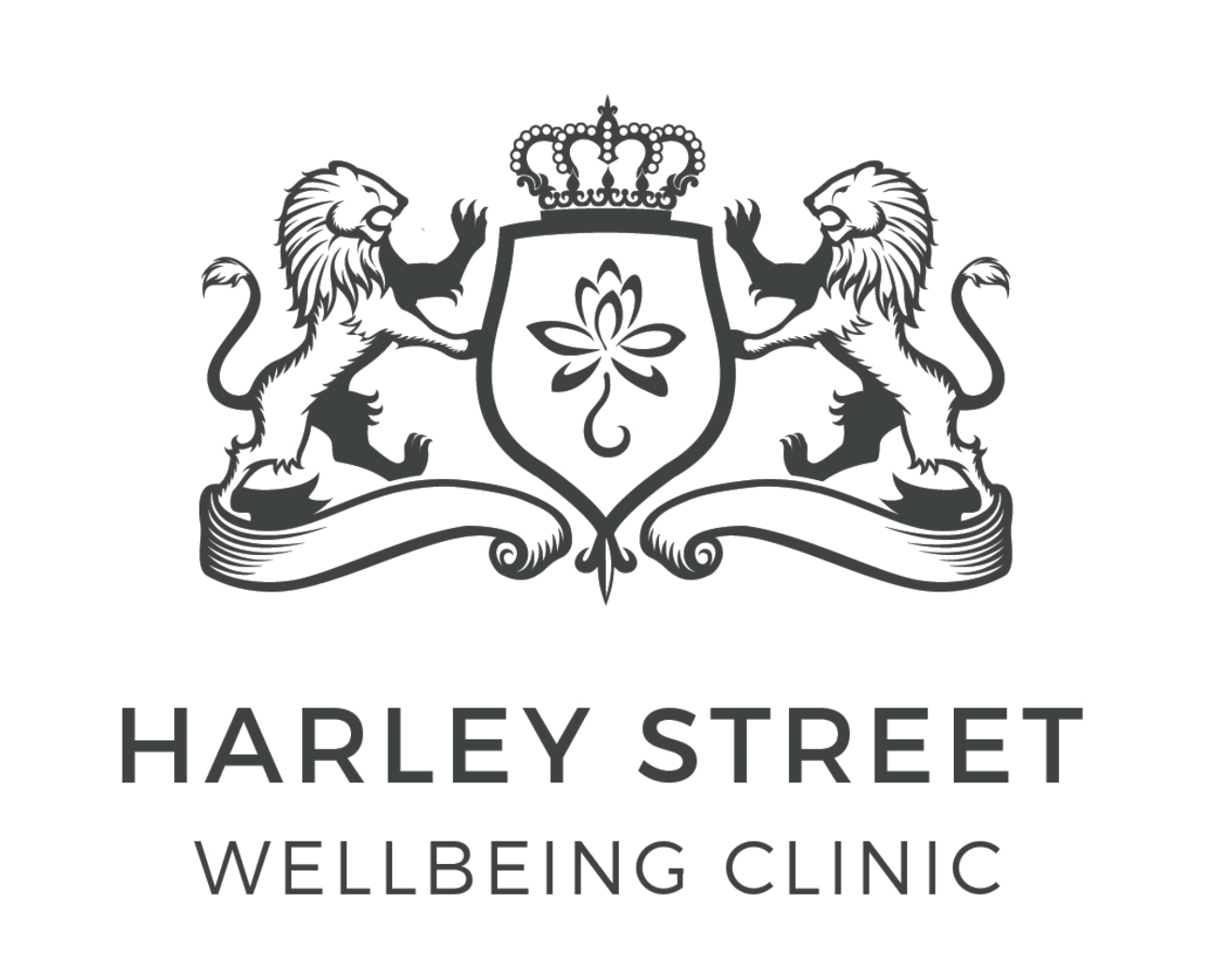What's wrong with criticism?
/If you think you can be critical and tend to automatically label things and people, you better read this...
Why?
It is a well-known fact that criticism is an utter failure at getting positive behaviour change. And criticism can be especially painful and damaging for young children.
As Oscar Wilde put it, “Criticism is the only reliable form of autobiography.” It tells you more about the psychology of the criticisers than the people they criticise.
Have you ever been criticised? How did it make you feel? Did it help you change? Or did you start doubting and criticising yourself?
The truth is that criticism fails because it embodies two of the things that human beings hate the most:
• It calls for submission, and we hate to submit.
• It devalues, and we hate to feel devalued.
While people hate to submit, we like to cooperate. Critical people seem oblivious to a key point about human nature: the valued self cooperates; the devalued self resists.
We also know that critical people were often criticised in early childhood. Young children cannot distinguish criticism of their behaviour from rejection, no matter how much we try to make the distinction for them, as in the well-intentioned, “You’re a good boy, but this behaviour is bad.” Such a distinction requires a higher prefrontal cortex operation, which is beyond most young children.
To a child under seven, anything more than occasional criticism, even if soft-pedalled, means they’re bad and unworthy. This all depends on how they interpret what you say and what it means to them. They can turn anything into self-criticism.
Why?
Because the only thing young children can do to survive is attach emotionally to people who will take care of them. Feeling unworthy of attachment, as criticised young children are apt to feel, seems a bit like life or death. So they try to control the great pain of criticism by turning it into self-criticism—since self-inflicted pain is ‘better’ than unpredictable rejection by loved ones.
By early adolescence, they begin to "identify with the aggressor"—emulating the more powerful criticiser. By late adolescence, self-criticism expands to criticism of others. By young adulthood, it seems to be entirely criticism of others. But most critical people remain primarily self-critical; as hard as they are on others, most are at least equally hard on themselves.
If you want behaviour change, show value for the person whose behaviour you want to change. If you want resistance, criticise.
Also be mindful of your emotions. If you’re angry or resentful, any “feedback” you give will be heard as criticism, no matter how you put it. That’s because people respond to emotional tone, not intention. It’s best to regulate the anger or resentment before you try to give meaningful feedback.
To give feedback from your core value:
• Focus on how to improve
• Focus on the behaviour you would like to see, not on the personality of your child
• Encourage change, instead of undermining confidence
• Sincerely offer help
• Respect his/her autonomy
• Resist the urge to punish or withdraw affection if he/she doesn’t do what you want
If you’re a critical person, you must get a handle on your impulse to criticise. If you have children, remember to give them feedback in a positive way and make sure you don't criticise their identity. It can be really painful and they can easily turn into self-critical adults.
Remember the 6 for 1 rule when talking to your children. For every negative, they need to hear 6 positives. So focus on catching them doing things right and praise them. Remember, what you focus on expands!








